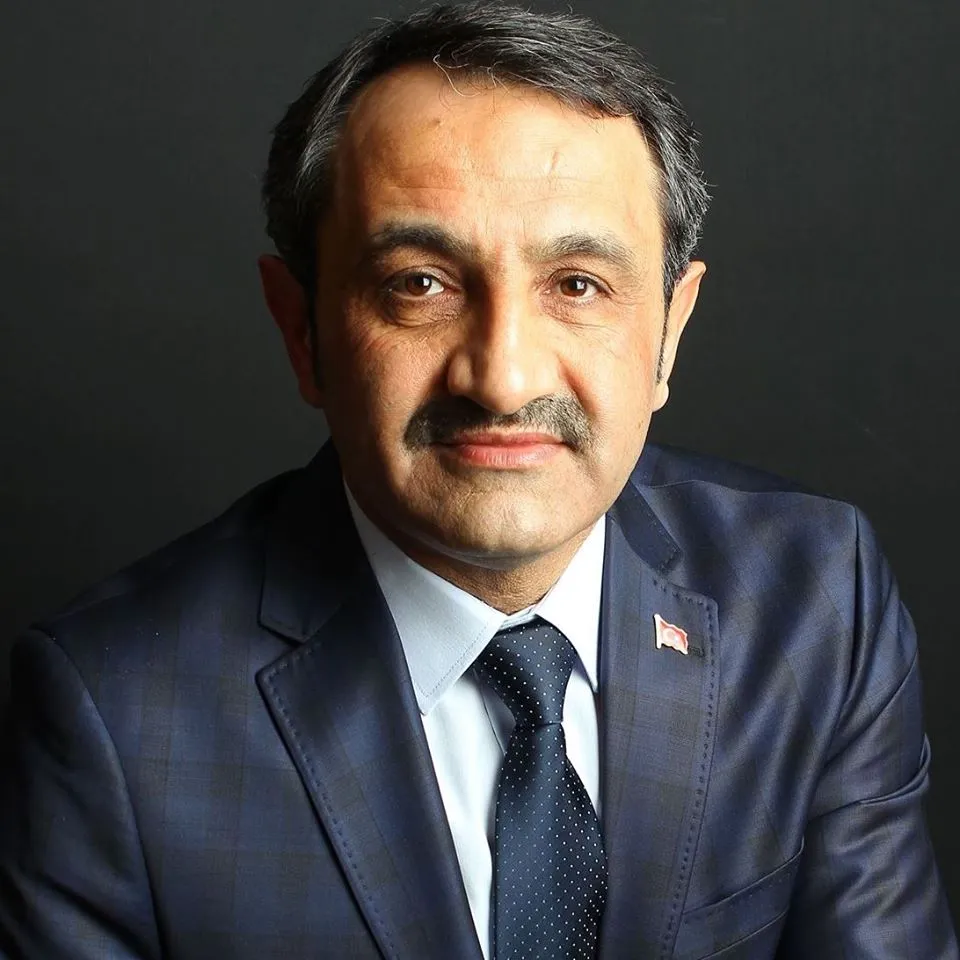10275,75%0,46
39,90% 0,23
46,96% 0,25
4281,56% 0,17
6806,93% 0,00

Bilgi varlıktan önceliklidir.
Ontoloji epistemoloji üzerinde yükselir.
İnsan=Bilgi dir.
Siz özgün bilgi ürettiğiniz kadar insansınız.
Bilgi üretmediğinizde ise biyolojik diğer canlılara benzeyen onlardan farkınız sadece iki ayağı üzerinde durabilen bir varlıksınız.
Bilgi üretmek arının bal yapması gibidir.
Bal binlerce çiçekten nektar toplar ve kovanına çekilerek onları bala dönüştürür.
İnsanda “bütün kitaplar tek bir kitabın anlaşılması için okunur” değeri ve odağıyla onların özünü almalı;
İkinci olarak ta “her muhatap olduğun kişi senin hızırındır” şuuruyla insandaki en değerli nektarı toplamalı;
Üçüncüsünde; en az %51 kendi içi dünyasına/kovanına çekilerek tefekkür/tezekkür/tedebbür/taakkul ile kendi balını yapmalı, özgün bilgisini üretmeli.
Bu yolculuğu 3O2D1YbKaP (3 oku, 2 dinle, 1 yaz, bazen konuş, ara sıra paylaş) formülüyle de izah etmek mümkün.
Bu yolculukta insanları üç gruba ayırabiliriz.
1. Bu zor yolculuğa girmeyi göze alamayarak yiyip, içip gezen biyolojik bir varlık olarak ölüme hızla koşanlar.
2. Bilgiyi hızla derleyip toparlayıp, biriktirip, tasnif edip kovanına çekilmeyi beceremeyen, kendine ait görüş ve düşünceleri olmayan, sürekli başkalarından aktarımda bulunan bilgi teknisyenler ya da malumatfuruşlar. Bunlara kuşun yavrularını beslemesini misal verebiliriz. Kuş gıdaları alır ağzında evirir, çevirir, parçalar, yumuşatır ve yavrularının ağzına kusar.
3. Edindiği bilgilerden tefekkür/tezekkür/tedebbür/taakkul ile yeni/özgün bir bilgi üreten kişiler.
Üçüncü grupta yer alan bahtiyar insanlar için “hezarfen-yed-i tûlâ-mütefekkir-polimat-entelektüel” gibi sıfatlar kullanılır.
Peki, üçüncü gruptaki insanların yetişmesi konusunda nasıl bir bilgi evreni oluşturmamız gerekiyor?
1.”İlim ilimden destek alır” ilkesiyle tek bir disiplin yerine disiplinlerarası multi-disipliner yaklaşıma ağırlık vermek.
2.”İlim müminin yitiğidir, Onu Çin’de de olsa alır” tavsiyesiyle bilgiye ulaşmak için global atmosfere açılarak küresel standartların içselleştirilmesi.
3. Disiplinler-arası ve yerel/küreselden gelen bilgilerin sunumunda eğitim ve araştırma altyapısının yaygınlaştırılması; dijital bilgi depolarının güncellenmesi/zenginleştirilmesi ve geniş tabanlı dijital veri kaynaklarının teşkil edilmesi.
“Ölen hayvan imiş âşıklar ölmez” der ya Yunus Emre.
Bilgiye âşık olmayan her gün ölüyor haberiniz olsun.
“Biz sevdik âşık olduk, sevildik maşuk olduk,
Her dem yeniden doğarız, bizden kim usanası.” Yunus Emre.
Bu aşk bilgi edinmek ve bilgi üretmek için tüm dünyaya bakışımızı ifade etmeli.
POLYMATİST-INTELLECTUAL
Knowledge takes precedence over existence.
Ontology rises above epistemology.
Human=Knowledge.
You are only as human as the information you produce that is unique to you.
When you do not produce information, you are a being that resembles other biological creatures, the only difference from them is that you can stand on two legs.
Producing information is like a bee making honey.
Honey collects nectar from thousands of flowers and retreats to its hive, turning them into honey.
One should take their essence with the value and focus of "all books are read to understand a single book";
Secondly, one should collect the most valuable nectar in humans with the awareness that "everyone you deal with is your servant";
In the third; At least 51% of the people should retreat into their inner world/hive and make their own honey and produce their original knowledge through contemplation/contemplation/appreciation/appreciation.
It is possible to explain this journey with the formula 3O2D1YbKaP (3 read, 2 listen, 1 write, sometimes talk, sometimes share).
We can divide people into three groups on this journey.
1. Those who run fast to death as a biological being who eats, drinks and wanders around, unable to take the risk of embarking on this difficult journey.
2. Information technicians or informants who are unable to quickly compile, collect, accumulate, classify information and retreat into their own hive, who do not have their own opinions and thoughts, and who constantly transfer information from others. We can give these as an example of a bird feeding its young. The bird takes the food, turns it in its mouth, turns it, breaks it into pieces, softens it and vomits it into the mouth of its babies.
3. People who produce new/original knowledge from the information they have acquired through contemplation/reflection/deliberation/understanding.
Adjectives such as “hezarfen-yed-i tûlâ-mütefekkir-polymat-intellectual” are used for the fortunate people in the third group.
So, what kind of information universe should we create regarding the education of people in the third group?
1. To focus on interdisciplinary multi-disciplinary approach instead of a single discipline with the principle of "Science gets support from science".
2. Internalization of global standards by opening up to the global atmosphere to access knowledge with the advice "Knowledge is the loss of the believer, he can get it even if it is in China".
3. Expansion of education and research infrastructure in the presentation of interdisciplinary and local/global knowledge; updating/enriching digital information repositories and creating broad-based digital data sources.
Yunus Emre says, "It is an animal that dies, lovers do not die."
Be aware that those who are not in love with knowledge die every day.
“We loved and fell in love, we were loved and became beloved,
"We are always born again, who can get tired of us?" Yunus Emre.
This love should express our view of the whole world in order to acquire and produce knowledge.